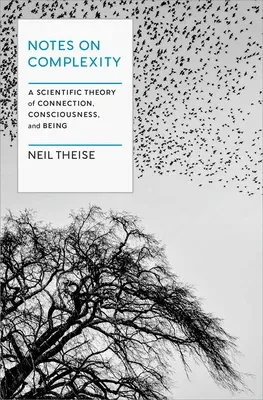An electrifying introduction to complexity theory, the science of how
complex systems behave--from cells to human beings, ecosystems, the
known universe and beyond--that profoundly reframes our understanding
and illuminates our interconnectedness.
Nothing in the universe is more complex than life. Throughout the skies,
in oceans, and across lands, life is endlessly on the move. In its
myriad forms--from cells to human beings, social structures, and
ecosystems--life is open-ended, evolving, unpredictable, yet adaptive
and self-sustaining. Complexity theory addresses the mysteries that
animate science, philosophy, and metaphysics: how this teeming array of
existence, from the infinitesimal to the infinite, is in fact a seamless
living whole and what our place, as conscious beings, is within it.
Physician, scientist, and philosopher Neil Theise makes accessible this
"theory of being," one of the pillars of modern science, and its
holistic view of human existence. He notes the surprising underlying
connections within a universe that is itself one vast complex
system--between ant colonies and the growth of forests, cancer and
economic bubbles, murmurations of starlings and crowds walking down the
street.
The implications of complexity theory are profound, providing insight
into everything from the permeable boundaries of our bodies to the
nature of consciousness. Notes on Complexity is an invitation to trade
our limited, individualistic view for the expansive perspective of a
universe that is dynamic, cohesive, and alive--a whole greater than the
sum of its parts. Theise takes us to the exhilarating frontiers of human
knowledge and in the process restores wonder and meaning to our
experience of the everyday.

